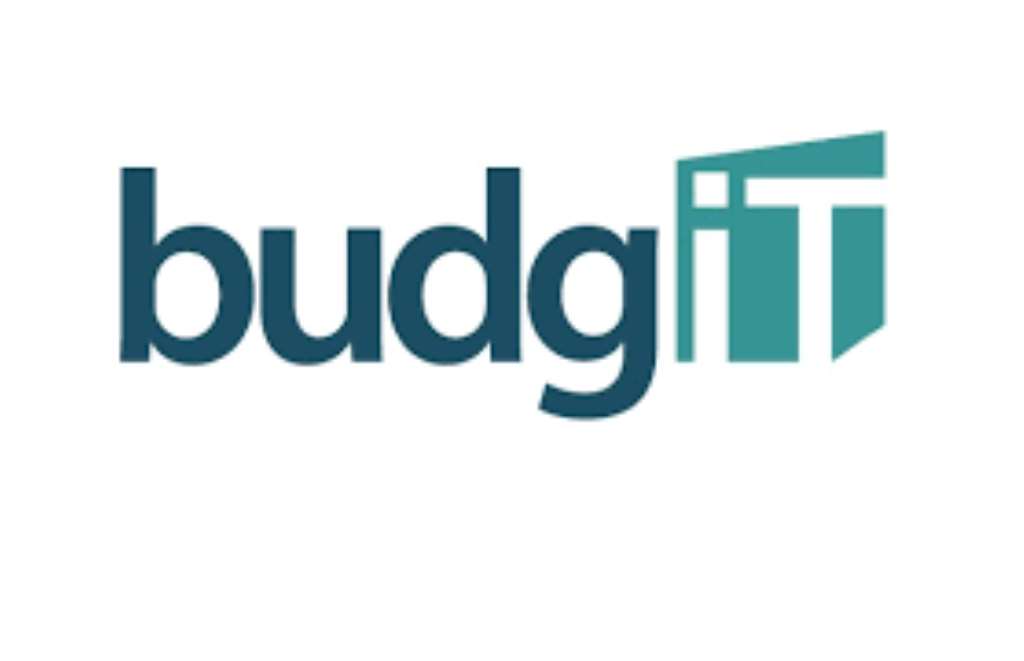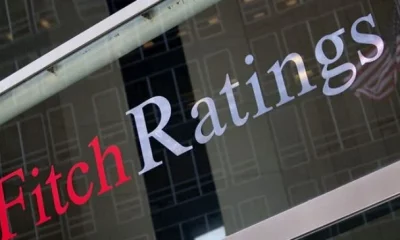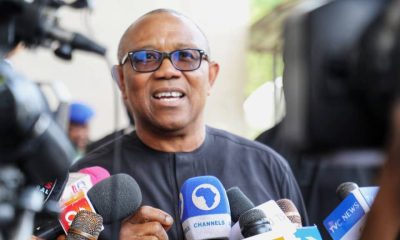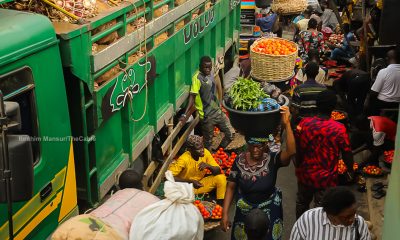Only three states in Nigeria can survive without support from the Federal Government.
This was disclosed in BudgIT’s report ‘State of States, 2021 edition: Fiscal Options for Building Back Better’ released on Tuesday.
According to BudgIT, these three states are Lagos, Rivers, and Anambra.
The report said, “Only three states in the country can meet their operating expenses obligations with a combination of their IGR and Value Added Tax as measured in our ‘Index A’ ranking; these states are Lagos, Rivers, and Anambra and they appear at the top of the ‘Index A’ ranking.”
According to the organisation, states that rank high on its index A have comparatively limited dependence on federally distributed revenue for their operations and are more viable with the capacity to exist as independent entities.
While Lagos, Rivers, and Anambra occupy the top three spots, Benue, Taraba, and Bayelsa states are the bottom three states.
BudgIT said, “These states at the bottom of ‘Index A’ ranking include Jigawa, Delta, Benue, Taraba and Bayelsa.
“Nevertheless, all Nigerian states still need to work hard to build economic prosperity and create more jobs in their states to ensure that there is more money in circulation and economic activities that can be taxed to improve their IGR.”
The organisation added that all 36 states saw a 3.43 per cent decline in their 2020 IGRs (N1.21tn) from (N1.26tn) in 2019.
It said that 18 states saw a decline in their year-on-year revenues, while the remaining 18 states grew their revenues – in some cases by as high as 87.02 per cent.
According to BudgIT, the total debt burden of the states increased by N472.63bn (or 8.78 per cent) from N5.39tn in 2019 to N5.86tn in 2020.
IT said the increase in total subnational debt was as a result of exchange rate volatility, with the value of the naira jumping from 305.9/$1 in 2019 to 380/$1 as of December 31, 2020.
The organisation said that the states with the highest foreign debt were Lagos, Kaduna, Edo, Cross River and Bauchi.
It added that Lagos, Kaduna, Anambra, Benue and Zamfara accounted for more than half (63.63 per cent or N300.7bn) of the net year-on-year subnational debt increase of N472.63bn.
According to BudgIT, only seven states in Nigeria have functioning Treasury Single Accounts, and about 24 states and 27 states respectively have introduced ‘biometric use in payroll management’ and ‘bank verification number use in payroll management’.
It added that only 16 states published details of their contracts online for public scrutiny, while 20 states do not.
According to the organisation, only five states (Ebonyi, Rivers, Anambra, Cross River, and Kaduna) prioritised investment in infrastructure by spending more on capital expenditure than operating expenses.
On the other hand, Benue, Kogi, and Taraba have higher operating expenses than their respective investments in capital expenditure.

 News3 years ago
News3 years ago
 Entertainment2 years ago
Entertainment2 years ago
 News3 years ago
News3 years ago
 Privacy3 years ago
Privacy3 years ago
 Sports2 years ago
Sports2 years ago
 Entertainment2 years ago
Entertainment2 years ago
 News3 years ago
News3 years ago
 Opinion3 years ago
Opinion3 years ago















